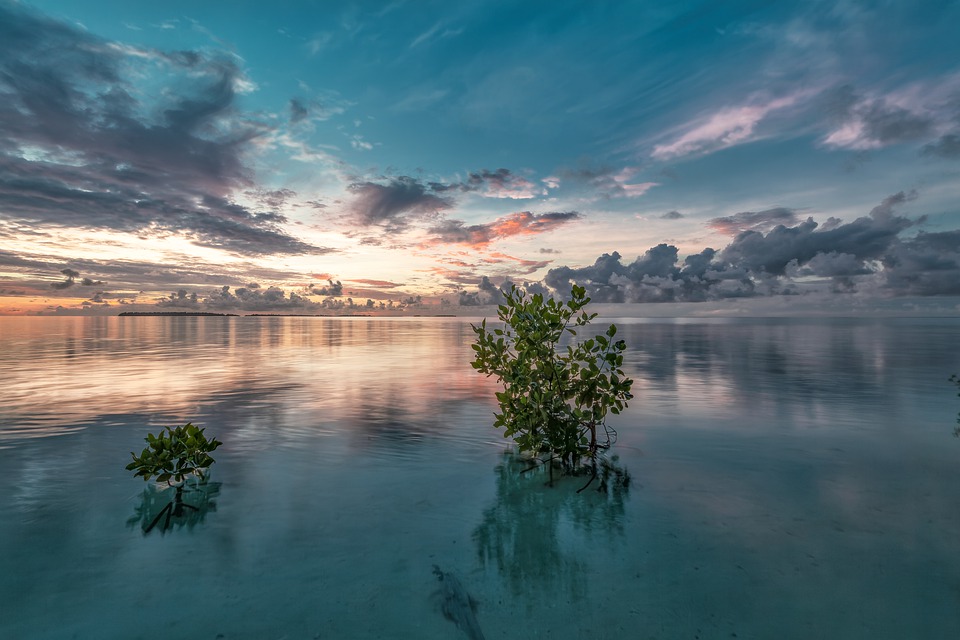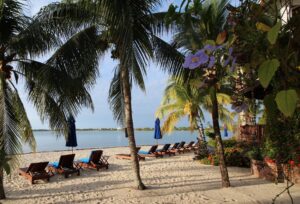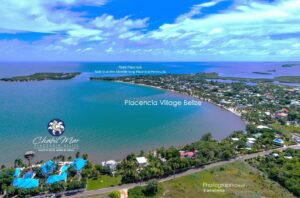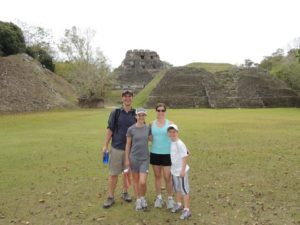
Like many Caribbean countries, the natural beauty of Belize has given birth to a booming tourist sector. But it’s also a nation that’s aware of the devastating impact that the tourism industry can have on that natural beauty. The Belize government has been good about fostering long-term policies whether that takes the form of eco-tourism initiatives or their widely lauded hospitality standards in the wake of the Coronavirus pandemic. But the latest praise for Belize is borne from their willingness to preserve some of the region’s most unique ecosystems.
That’s especially promising because the mangrove forests targeted by the initiative aren’t regular attractions for tourists — but that doesn’t mean that preserving this ecosystem isn’t important to the larger ecology of Belize and Central America. Mangroves serve as a safe place for fish, birds, and animals of all stripes to raise their young and feed — but the dense and marshy structure of these ecosystems also help minimize the force of tropical storms that hit the coast. Thanks to the fact that they can survive anywhere from freshwater rivers to coastal seawater expanses, mangroves are resilient and capable of surviving just about any natural disaster.
But mangrove wetlands are less equipped to survive threats that come directly from humans. They’re frequently a target for residential development, but Belize has taken some serious and impressive steps to help both nurture existing mangrove ecosystems and restore those that have been decimated in the past. This includes the promise to preserve an addition 6,000 hectares of mangroves by 2025 and 6,000 more by 2030. It also necessitates the development of a portfolio which identifies the most important mangrove ecosystems and those at greatest risk.
These new policies are being overseen by the National Climate Change Office which falls under the purview of the federal Ministry of Sustainable Development, Climate Change and Disaster Risk Management. NCCO CEO Dr. Kenrick Williams sees it as more than an investment in eco-tourism by recognizing that ecological preservation helps build a better world for all of us.
All of this is being done as part of Belize’s commitment to the Paris Climate Change Accord. By helping bolster coastal ecosystems, the Belizean government is protecting wildlife both deeper inland and in the neighboring Caribbean Sea. Here’s hoping that it will signal a tide change in the region and the world and encourage other countries to start pursuing more aggressive conservation efforts.
Visit our website chabilmarvillas.com for more information on Belize, and don’t hesitate to send us an email, or call US/CAN Toll-Free: 1-866-417-2377, Local: (011-501) 523-3606, if you have questions or need help in planning a Belize vacation.












